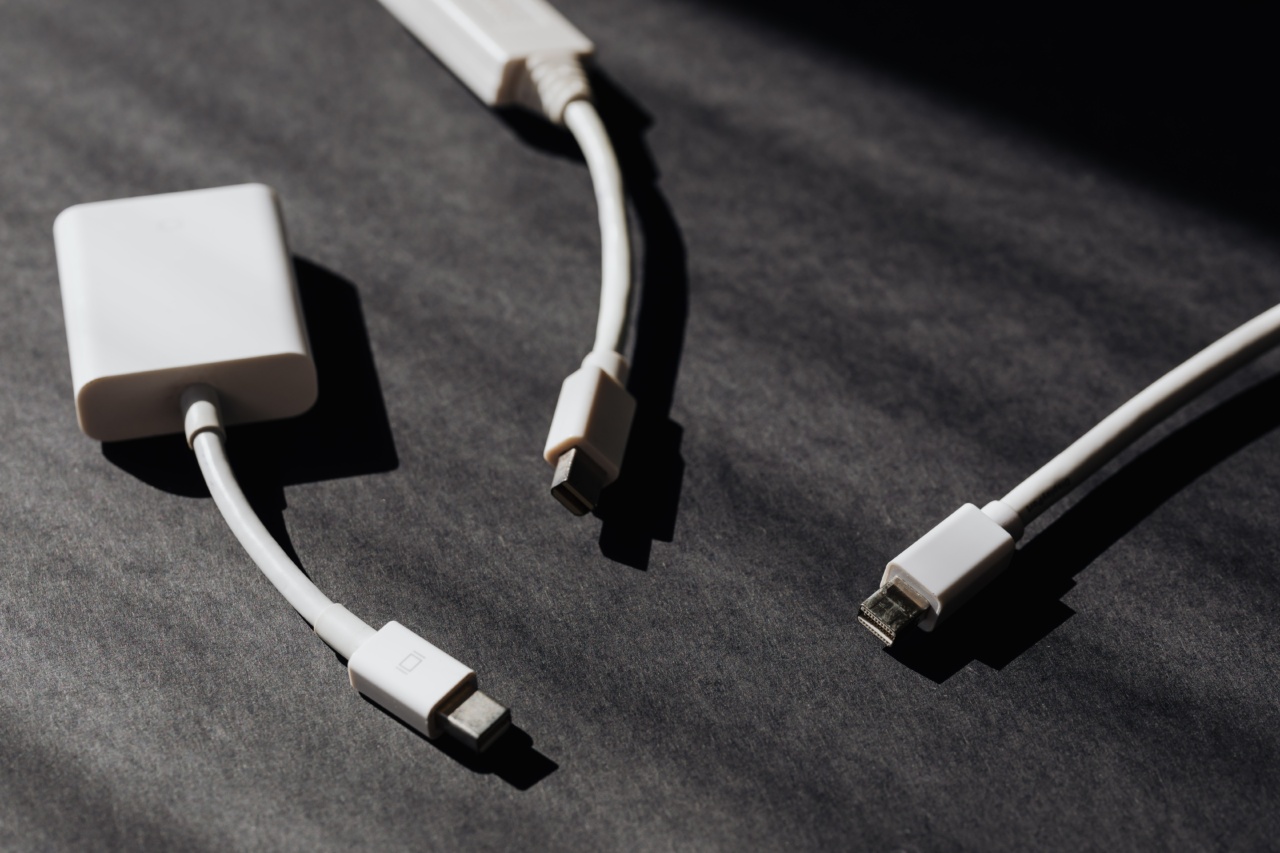Parkinson’s disease is a progressively debilitating illness that affects an estimated 7-10 million people worldwide. It is a movement disorder that interferes with the body’s nerve cells, leading to tremors, stiffness, and difficulty in movement.
Although Parkinson’s is commonly associated with the brain, recent research has revealed that the gut may also play a crucial role in the development of this disease.
The Basics of Parkinson’s Disease
Parkinson’s disease primarily affects dopamine-producing neurons in a specific region of the brain known as the basal ganglia.
The reduction of dopamine levels in the brain leads to the characteristic symptoms of Parkinson’s, which are primarily related to movement:.
- Tremors or shaking
- Stiffness in limbs or trunk of body
- Slow movements (bradykinesia)
- Poor balance and coordination
While Parkinson’s disease is a movement disorder, it is also apparent that it affects cognitive functioning.
Patients with Parkinson’s disease also suffer from sleep disturbances, depression, anxiety, and other symptoms that involve the brain’s cognitive functions.
The Gut-Brain Axis
The gastrointestinal (GI) system harbors a complex ecosystem of bacteria, fungi, and other microorganisms that play a crucial role in maintaining good health.
The human gut is the largest reservoir for microbes, and studies have found that it is the source of many different signaling molecules that have an impact on the brain and nervous system. The gut-brain axis is a two-way line of communication between the gut and the brain. This connection includes the microbiome, the immune system, and the enteric nervous system, among other factors.
Scientists have recently discovered that the gut-brain axis may have a neuroprotective effect on the brain, and disruptions in the gut’s microbiota may be a potential trigger for Parkinson’s disease.
The Connection Between Parkinson’s Disease and the Gut Microbiome
The composition of the gut microbiome is essential for the normal functioning of the immune system, metabolism, and other bodily functions.
Recent studies have revealed that the gut microbiota of Parkinson’s patients has some peculiarities that may play a crucial role in the disease’s development. Some of the peculiarities include:.
- Increased risk of constipation, which is common in Parkinson’s disease
- Increased levels of alpha-synuclein, a protein implicated in Parkinson’s, in the gastrointestinal tract of Parkinson’s patients
- Changes in gut microbiota, including lower levels of Prevotella and higher levels of Enterobacteriaceae
Researchers have also found that people who have had their vagus nerve severed have a reduced risk of developing Parkinson’s disease.
The vagus nerve is a part of the parasympathetic nervous system that regulates the body’s involuntary functions, such as digestion and heart rate. This nerve provides a connection between the gut and the brain, and studies suggest that bacteria and other microorganisms in the gut use the vagus nerve to communicate with the brain.
The Role of Alpha-Synuclein in Parkinson’s Disease
Alpha-synuclein is a protein that is found in the brain’s presynaptic terminals, where it plays a role in the regulation of dopamine levels.
In Parkinson’s disease, this protein accumulates in abnormal aggregates known as Lewy bodies, causing damage to the nerve cells that produce dopamine. Recent studies have found that alpha-synuclein is present not only in the brain but also in the periphery, including the gut.
Researchers have discovered that alpha-synuclein can move from the gut to the brain through the vagus nerve and that the protein’s aggregation in the gut contributes to the development of Parkinson’s disease.
A study conducted by a team of researchers at California Institute of Technology suggested that Parkinson’s disease might begin in the gastrointestinal tract, not the brain.
In the study, researchers transplanted fecal matter from Parkinson’s patients into the guts of mice. They found that the mice developed motor symptoms and alpha-synuclein deposits in the brain after receiving fecal transplants from Parkinson’s patients.
The study suggests that the gut microbiome may contribute to the development of Parkinson’s disease by causing the accumulation of alpha-synuclein in the brain.
The Potential of the Gut-Brain Axis in Parkinson’s Treatment
The gut-brain axis has become a new target for Parkinson’s research as scientists try to find new treatments for the disease.
Researchers are exploring the use of prebiotics, probiotics, and antibiotics to modulate the gut microbiota and improve outcomes in Parkinson’s patients. They are also looking at fecal transplantation as a potential treatment for Parkinson’s disease.
Prebiotics are nutrients that encourage the growth of beneficial bacteria in the gut. They can be found in foods such as bananas, oats, and garlic.
Probiotics are live bacteria that can help improve the gut microbiome’s balance and promote digestive health. Foods that contain probiotics include yogurt, kefir, and sauerkraut. In a recent study, researchers found that giving patients with Parkinson’s disease prebiotics could improve motor symptoms, gut function, and quality of life.
Antibiotics are used to treat bacterial infections, but they can also have an impact on the gut microbiota.
Researchers have found that some types of antibiotics can suppress the growth of harmful bacteria in the gut while also improving the gut’s balance of beneficial bacteria.
Fecal transplantation is a relatively new method of treating certain gut-related disorders.
This process involves transplanting fecal matter from a healthy donor into the patient’s gut to improve the gut microbiota’s composition and function. Recent studies have suggested that fecal transplantation may be a potential treatment for Parkinson’s disease.
Conclusion
The gut-brain connection is a fascinating area of research that has the potential to change how we think about Parkinson’s disease and other neurological disorders.
Recent studies have revealed a potential link between the gut microbiome and Parkinson’s disease. These findings suggest that the gut may play an essential role in the development of Parkinson’s disease.
This newfound knowledge may lead to new treatments that focus on the gut-brain axis, and we may start seeing more research geared towards finding a cure for Parkinson’s disease.




























